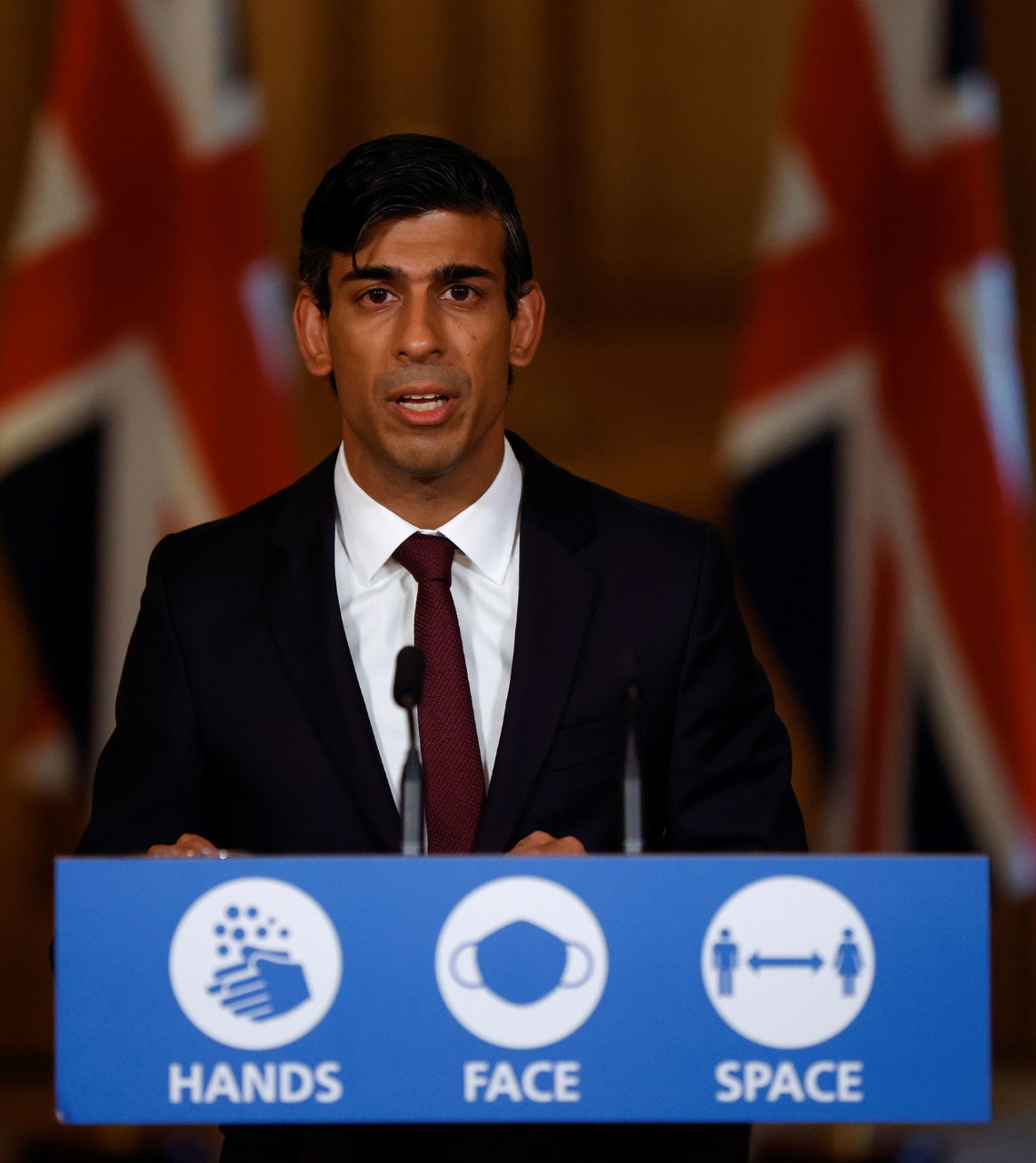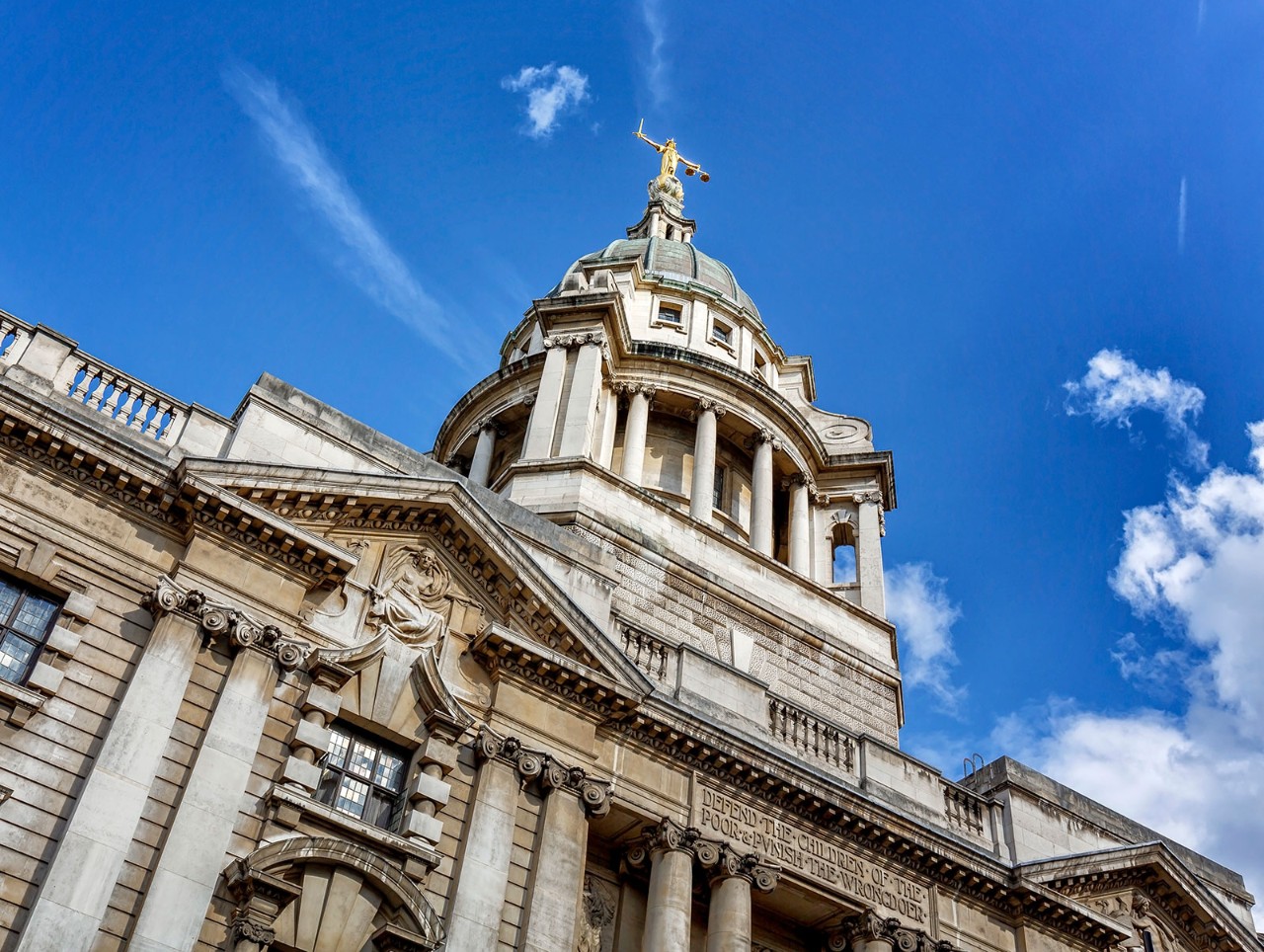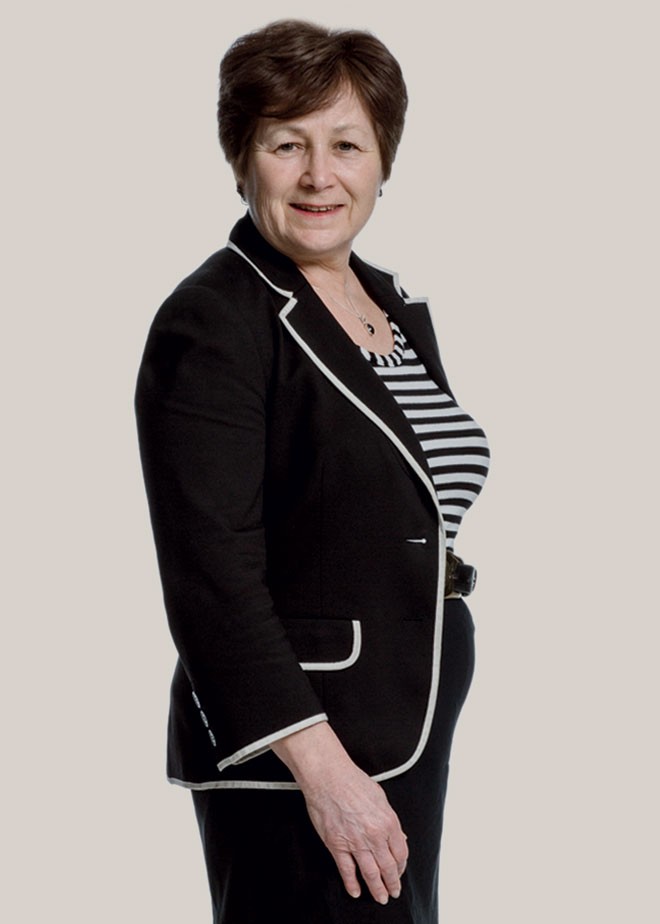
How many tax reliefs are there available for individuals and business in the UK? At the last count, the answer was 1,190, almost all of which require the taxpayer to make a claim. However, filling in forms can be time-consuming, costly and confusing, so it is probably no wonder that many of these reliefs go unclaimed.
But now the Office of Tax Simplification (OTS) has set out plans to ensure that the money does indeed end up in the pockets of the right people and businesses.
In its recent report Claims and elections review: Simplifying administrative processes, the OTS explores the general principles that could simplify the process of claiming tax reliefs. It also makes a series of recommendations that it hopes will support HMRC’s vision of a modern tax administration system.
The report is timely, as it will inform the government’s 10-year strategy for the future of UK tax administration. That future clearly lies in the land of digital, though there is recognition that the needs of the digitally excluded should not be ignored.
‘The sheer number of possible claims, all with their own rules and time limits, mean many people do not obtain tax reliefs intended for them’
The report is timely, as it will inform the government’s 10-year strategy for the future of UK tax administration. That future clearly lies in the land of digital, though there is recognition that the needs of the digitally excluded should not be ignored.
Key recommendations
In all, the OTS makes 15 broad recommendations for simplifying the process of claiming tax reliefs. The top recommendation, however, is that expanding the functionality of the personal tax account and the business tax account would significantly ease the process for many people. The online tax account, it says, should become the hub for all taxpayer engagement with HMRC.
Other recommendations include improving the functionality of HMRC’s online forms, clearer guidance on how to make a claim, and greater consistency in time limits for claim amendments. There are also recommendations that relate to specific areas, such as employee expenses, gift aid and capital allowances.
OTS tax director Bill Dodwell says: ‘Millions of people make claims and elections every year. However, there are still those who aren’t making claims for all that they are entitled to. Claims for employee expenses are a particular focus, together with claims for higher rate relief for pension contributions and gift aid donations.’
Simple ignorance
As tax advisory and consultancy provider RSM points out, tax reliefs exist to encourage particular behaviour and help specific taxpayers. Accessing them should therefore be simple, understandable and efficient for both the taxpayer and HMRC if those objectives are to be met.
‘Sadly, the reality can be very different,’ says Sarah Saunders, a tax manager at RSM. ‘Simple ignorance of the right to claim and the sheer number of possible claims, all with their own rules and time limits, mean that many people do not obtain tax reliefs intended for them.’
Public impact
The OTS is not the first organisation to raise this issue. Back in February 2020, the National Audit Office (NAO), which calculated that 1,190 figure for tax reliefs, produced its own report. In The management of tax expenditures, it argues that reliefs (or ‘tax expenditures’ as it likes to call them) make the tax system more complicated and less transparent, and can pose risks to public finances because their costs can rise beyond expectations.
Tax expenditures differ from public spending in that they reduce the amount of tax collected, rather than consume resources after tax has been collected. However, both affect the public purse and can be used to pursue discrete policy objectives.
The report states: ‘At a forecast cost of £155bn in 2018/19, tax expenditures represent an important means by which government pursues economic and social objectives. Evaluations show that their impact is not guaranteed, and many require careful monitoring. We have previously raised concerns about how effectively government is managing tax expenditures.’
But a start has already been made. Saunders says: ‘As if to prove what is possible, the new microsite recently introduced by HMRC enables people working from home due to Covid-19 to claim expenses. The rules have been made simple, and the claim is straightforward and very easy to make.
‘The only problem here was perhaps an initial lack of publicity. During the first 10 days only 54,000 taxpayers claimed. Not impressive given the millions who are likely to be eligible.’





